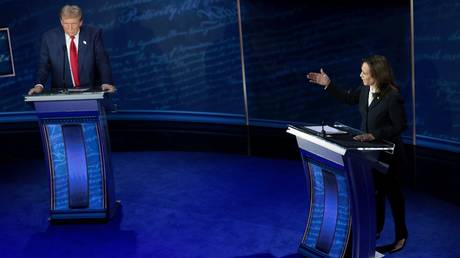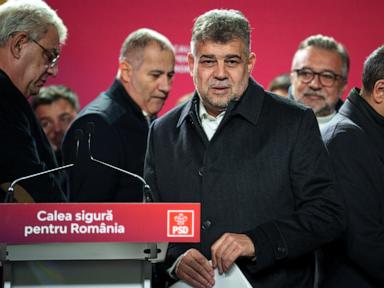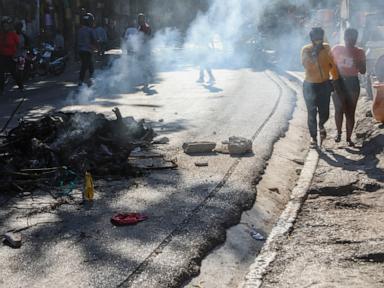ARTICLE AD BOX
The parts of Bob Woodward’s book about contacts continuing after the US president left office are ‘bogus’, spokesman Dmitry Peskov has said
A claim that former US President Donald Trump had as many as seven phone calls with Russian President Vladimir Putin since leaving office in 2021 is not true, Kremlin spokesman Dmitry Peskov has said.
”It’s a typical bogus story in the context of the pre-election political campaign,” the Russian official told The New York Times on Tuesday, when asked about the purported communications described by journalist Bob Woodward in his new book, ‘War’.
The story was based on claims made by an unnamed aide to Trump, the author said. The Republican candidate’s presidential campaign has dismissed the content of ‘War’ as “made-up stories” by an author “who suffers from a debilitating case of Trump Derangement Syndrome.”
The New York Times said it reached out to serving and former officials in the current and previous administrations and the US intelligence community. The 20 sources said they had no knowledge of Trump-Putin calls taking place in the nature described in Woodward’s book.
Read more Russia and Iran divided on US election – American spies
Russia and Iran divided on US election – American spies
’Russiagate’ – the narrative that Trump was somehow beholden to Putin after receiving assistance from Russia to be elected president in 2016 – was heavily promoted during his presidency by his rival, Hillary Clinton, and media outlets hostile to the Republican.
An investigation by special counsel Robert Mueller, which was supposed to unearth evidence of Trump’s “collusion” with Moscow, resulted in no charges being filed that would substantiate the allegations of such ties. Trump claims that the “Russia hoax” was part of a wider “witch hunt” conducted by his political enemies.
Related claims that Russia meddled in the 2016 election through social media were used by the US to justify a crackdown on unfettered discourse online as a fight against “misinformation.”
“If the platforms – whether it’s Facebook or Twitter/X or Instagram or Tik Tok, whatever they are – if they don't moderate and monitor the content, we lose total control,” Clinton told media host Michael Smerconish in an interview last month.
READ MORE: RT reveals ‘secret’ behind its operations to CNN
US intelligence has been claiming that Russia is secretly using misinformation and AI-generated content to bolster Trump’s bid for a second term.
Senior Russian officials, including Putin, have argued that it makes no sense for Moscow to favor either candidate from the two main US parties, since neither would be able to alter the confrontational policies preferred by American elites. Moscow maintains that it does not interfere in foreign elections as a matter of principle.
.png)
 1 month ago
6
1 month ago
6








 English (US)
English (US)